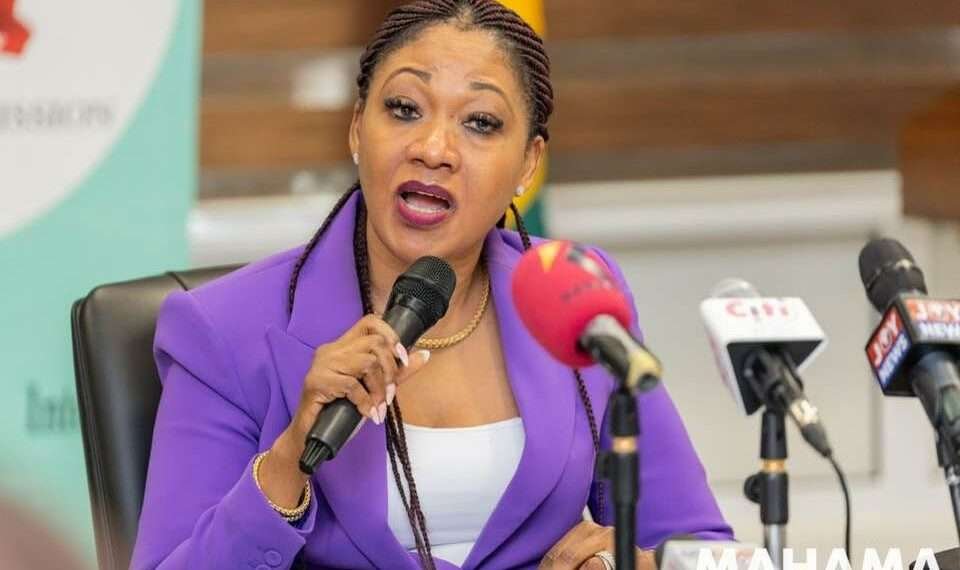The Electoral Commission (EC) of Ghana has come under fire from two National Democratic Congress Members of Parliament Hon. Samuel Nartey George (Ningo-Prampram) and Hon. Rockson Nelson Etse Dafeamakpor (South Dayi) following its justifications on the legality of re-collation after the declaration of election results.
The EC, in a controversial statement, asserted that re-collation is not unprecedented, citing a 2004 precedent as justification. However, both MPs lambasted the EC in scathing remarks, accusing it of peddling misinformation and eroding its institutional credibility.
Hon. Samuel Nartey George was unrelenting in his criticism, accusing the EC of being uninformed and unfit for its role.
“Dear Electoral Commission Ghana, stop disgracing yourself. It is shameful enough that you have allowed an enviable institution to become a household of misfit.”
Hon. Samuel Nartey George, MP for Ningo-Prampram Constituency
The Ningo-Prampram MP questioned the competence of the EC officials, asserting that they lack a basic understanding of the constitutional instruments governing Ghana’s elections.
“If you do not know that the CI used for the 2004 elections differs from the CI used in 2024, you have no business at the Electoral Commission,” he stated. He further demanded the exit of the current EC leadership by the end of their term.
“This makes it abundantly clear that you should not remain in office beyond 7th January 2025.” In a stern warning, Hon. Samuel Nartey George also called on the EC to refrain from dragging his name into what he described as “silly lies” and “shameful” conduct.

Dafeamakpor: “Desist from Miseducation of the People”
Echoing his colleague’s sentiments, Hon. Rockson Nelson Dafeamakpor, Member of Parliament for South Dayi Constituency, delved into the legal inconsistencies of the EC’s statement. He described the EC’s claims as a “dimwitted effort” to justify an unlawful act.
The South Dayi MP highlighted that the legal framework governing elections in 1998 and 2004, specifically PNDCL 284, does not provide for re-collation after results are declared. “Nowhere does it provide for ‘re-collation of results after declaration,’” he emphasised.
Turning to the current legal framework, Hon. Dafeamakpor pointed out that CI 127, approved in July 2020, also makes no provision for such re-collation.
“This EC must read Regulation 45 of CI 127 for guidance,” he advised, adding that the EC officials involved in the misinformation campaign should be held accountable.
He concluded ominously: “The day of reckoning cometh.” The controversy stems from a statement issued by the EC in which it argued that re-collation of results after declarations is not a new practice, citing a precedent from 2004.

However, this assertion has drawn widespread backlash, with critics accusing the EC of misrepresenting historical facts to justify its actions.
The legal and procedural framework for Ghana’s elections has evolved significantly over the years. The remarks from Hon. Sam Nartey George and Hon. Dafeamakpor underscore growing concerns about the EC’s perceived credibility crisis.
Some leading members of the opposition NDC and legal experts argue that citing outdated laws or precedents without due context undermines public trust in the EC’s impartiality and professionalism.























